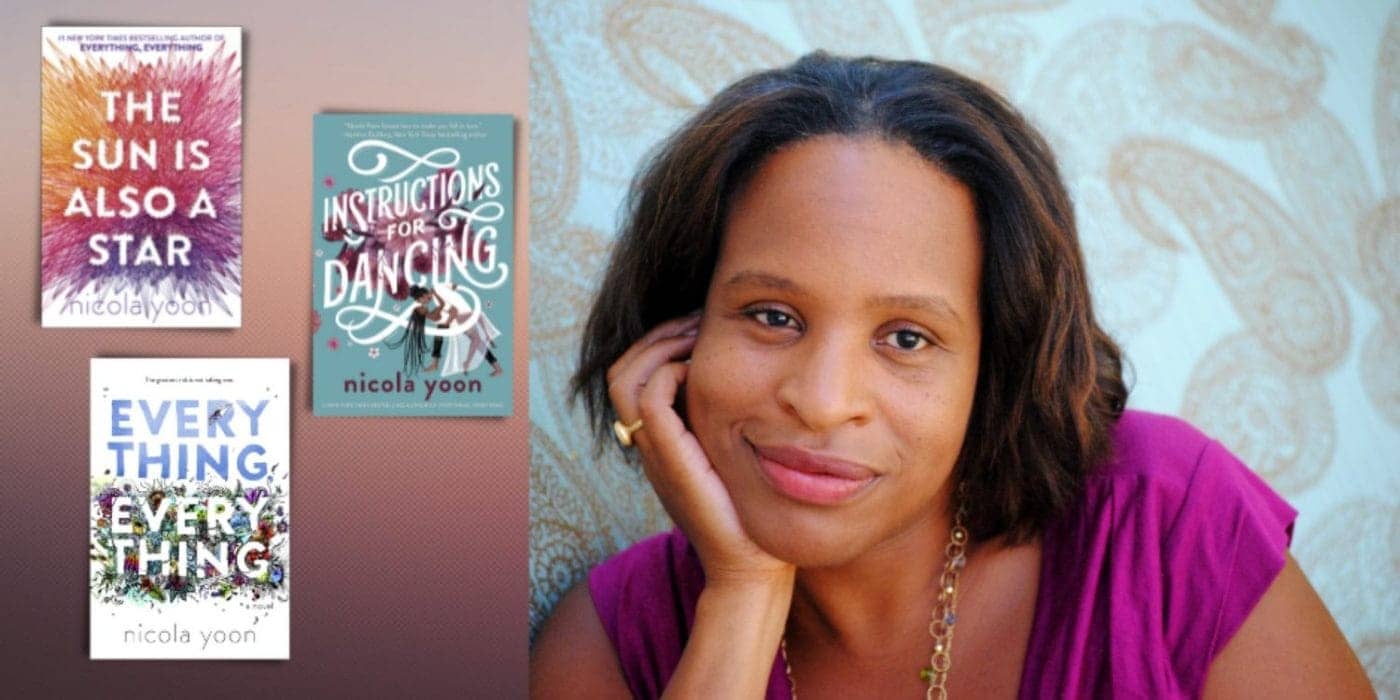
by Peter Warfield, Executive Director, Library Users Association
The San Francisco Public Library continued until May 31, 2022, to make its annual Effie Lee Morris lecture – this year with Jamaican-born author Nicola Yoon – accessible only to those with computer access to the internet plus an email address. They provided no publicity about the accessibility of this program to those who could access it via ordinary telephone.
Flash – On May 31, a Library Users Association followup via Sunshine Information Request has succeeded in obtaining free (800) phone numbers from which this program can be accessed. Library Users Association is independent of any library and is dedicated to helping make libraries better for everyone.
This year’s lecture is scheduled for Thursday June 2, 2022, 6-7 p.m., via Zoom only.
But the phone numbers – plus “Webinar ID” that needs to be entered for this program – are only good for the Effie Lee Morris program and not for any other virtual program. (See end of article for access details.)
The Library’s policy leaves out a lot of people from being able to attend this program and many others that the Library offers almost exclusively via Zoom. It keeps out many who lack computer and internet access from home – a group made up of disproportionately more people who are racial and ethnic minorities, lower income and older, among others.
Library Users Association made a public fuss last year at the Library Commission and elsewhere (2021) about the Library’s COVID-era restrictions that made the annual Effie Lee Morris Lecture available to the public only via remote-only Zoom access – and did not provide any publicity about the availability of Zoom programs to be accessed by any ordinary telephone line, no computer or internet access required.
And Library Users Association is working currently to urge the Library to provide the public with information about telephone access to all virtual programs, so as to enable almost everyone to learn about, access and enjoy this program and others, as telephone service is widely available to almost everyone.
What happened to the Library’s slogan of “free and equal access”?
While the Library provided a phone number and meeting ID to me personally last year (2021), they did not publish the availability of such access or how to obtain it, and this year it is the same story: “registration” is required, with a requirement to provide name and email address to Zoom. There is no information and no publicity about the existence of phone access.
This means access is restricted to those who have access to the internet, plus an email address at which to receive access information from Zoom after “registering.” The registration process does not indicate that telephone access will be an option to the person registering, or that “registering” will provide telephone access information.
This requirement to “register” excludes a lot of people in San Francisco, and beyond – and it does so most unequally to all of the “vulnerable” populations: Minorities, those with lower incomes, older people, those “not proficient” in English, and the disabled. What happened to the Library’s slogan of “free and equal access”?
According to the “City and County of San Francisco Digital Equity Strategic Plan, 2019-2024,” more than 100,000 people in San Francisco do not have access to the internet from home. In addition, the lack of access is not evenly distributed demographically.
For example, the plan shows that “High speed home internet connectivity” is available with regard to the category of “Race/Ethnicity” as follows 75% Black, 78% Latino, 85% Asian/Pacific Islander, 92% White.
The income levels “with high-speed home internet [connectivity]” range dramatically, from 59% to 98%. The annual household income categories and access are shown as follows: Under $25,000, 59%; $25,000-$50,000, 82%; $50,000-$100,000, 94%; $100,000-$200,000, 96%; Over $200,000, 98%.
And for those whose primary language spoken at home is English, 91% have high-speed home internet access – other than English, 71%.
And by age, home internet access ranges from a high of 96% for those 35-44, to a low of 72% for those over 65.
“Internet user with basic digital literacy” was surveyed for the disabled, showing less than half the access of non-disabled people: 43% for the disabled, 88% for the non-disabled.
Effie Lee Morris was the Library’s first coordinator of children’s services and the first Black president of the Public Library Association. Her advocacy led to the Library eliminating late fines for children in 1978 – long before it did so for adults in 2019.
Full disclosure: I am not a librarian, but I knew Effie Lee Morris after she retired and considered her a friend and colleague with whom I spent many hours talking about a range of library subjects. I always appreciated her devotion to her library users and patrons, her extensive knowledge and her willingness to speak frankly even when her opinions differed from those of the library administration.
To connect to the Annual Effie Lee Morris lecture June 2, 2022, at 6-7 p.m. via toll-free numbers, according to SFPL’s chief of Community Programs and Partnerships: Call 888-788-0099 (toll free) or 833-548-0276 (toll free) or 833-548-0282 (toll free) or 877-853-5247 (toll free). The webinar ID is 873 0859 2881.
For more information about this year’s Effie Lee Morris Lecture, go to https://sfpl.org/events/2022/06/02/author-nicola-yoon-26th-annual-effie-lee-morris-lecture.
Library Users Association can be reached at libraryusers2004@yahoo.com and P.O.Box 170544, San Francisco, CA 94117-0544.





